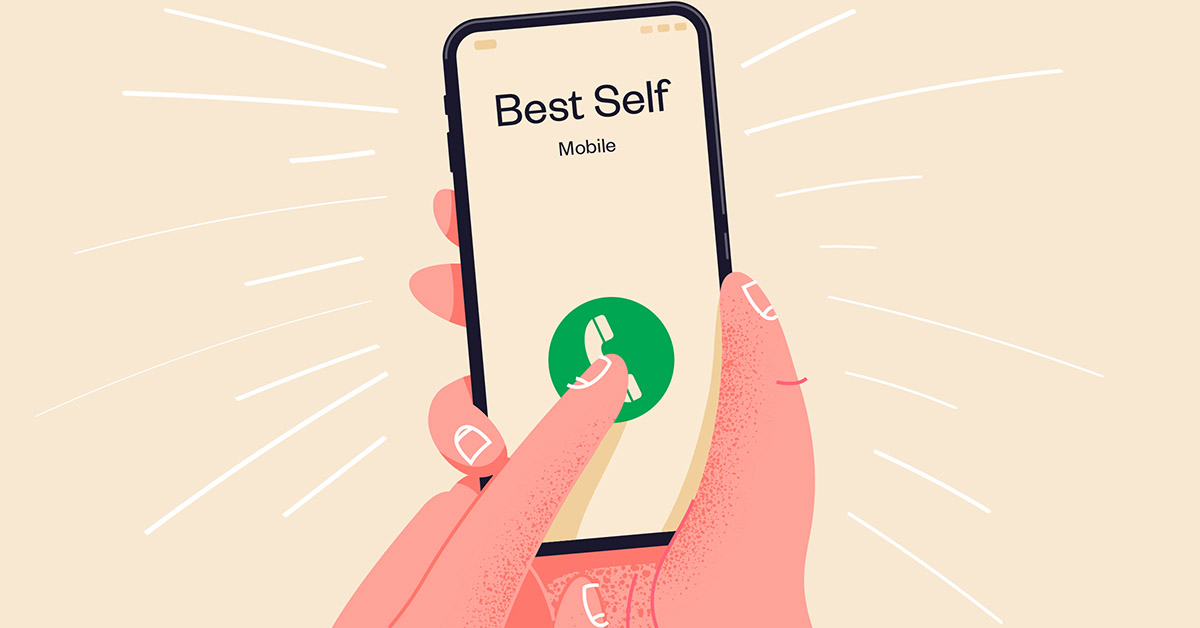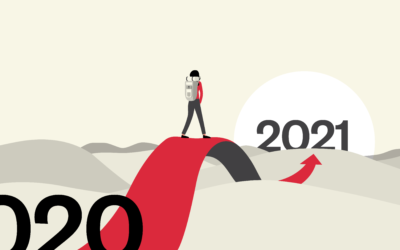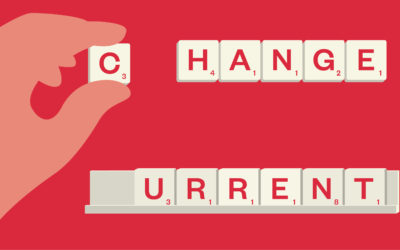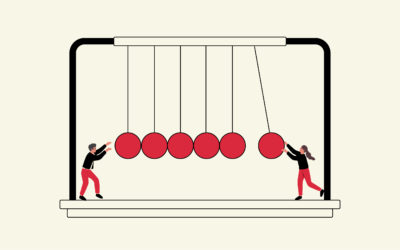As we enter week-three of the Covid-19 lockdown, the initial flurry of tech dramas and relocations is settling down. Those Zoom meetings, which at first were confusing, became sources of pleasure as we wore silly outfits and sometimes saw things no workmates should see inside our homes.
New dramas are emerging. Your mind is probably turning to the sustainability of the operation, pondering what business may never return and what changes to the workforce you must now undertake. For some, such as Air New Zealand, those changes have hit instantly. For others changes may come slower. But change, as the cliché says, is constant.
What leadership behaviours are right at this time of crisis?
We can learn some lessons from China which is slightly ahead of us on the Covid-19 curve. In a survey conducted in January, at the height of the crisis, employers reported that after the physical needs, such as safety and relocation, more than half of government and public service entities were focusing on addressing employees’ psychological stress.
This is the right thing to worry about. The biggest challenge after physical is not data security or productivity concerns – it’s the fraying at the edges of our remote workforces. We need to hold our teams and people together like never before.
How do we do this? Here are some reflections:
Care more, ask more: I suggest a focus on care of team first and work second, no matter how demanding the task before us is. Building a strong fabric of belonging makes any task easy to tackle; it is the platform on which succeeding stands. And invite people to be part of the care of one another. Behind each of those faces on your Zoom are whanau: be they flatmates, family or pets. The question for each of us as leaders is: do the people I lead know that I care about them and their whanau?
Communication is the oxygen of leadership. In times of crisis and dislocation, we need to talk more, not less. Use the technology to plan meetings and then leave more for more. One of my clients noticed that at the beginning of the first week the focus was on the business tasks at hand. By the end of the week everyone just wanted to chat. Have you planned time for chat, connection, reflection and fun?
Humility in the face of unknowing: Conducting yourself with good grace buys you trust. I’ve been impressed with much of the government’s communication in this early phase of the lockdown. It’s clear and as consistent as it could be – and when it isn’t, the confusion has been acknowledged with humility and responsiveness and then greater clarity. Throughout, we have been invited to be kind, take responsibility for our own wellbeing and care for one another. We don’t need our leaders to be perfect. We do need to create a climate of care and a sense of standing together.
Purpose, purpose, purpose: When we strip away the usual busyness of the workplace and reduce the commute, we discover there’s more time in the day to do what matters. This is a great moment to remind ourselves of the core purpose of our endeavours. What really matters, and how do we contribute to what really matters.
The question for each of us as leaders is do my people know they matter to our shared purpose?
What you do now will be remembered: Will your staff say: ‘my boss asked us to give damn and I know she gives a damn about me’. Moments of stress and our response as leaders become etched into the minds our teams. Like muscle-memory, how we respond to future challenges depends a lot on how we respond to today.
Covid-19 is the Black Swan we’ve read about and never really expected. We’re in unchartered waters. But the principles of leadership endure.
Nga mihi.




0 Comments